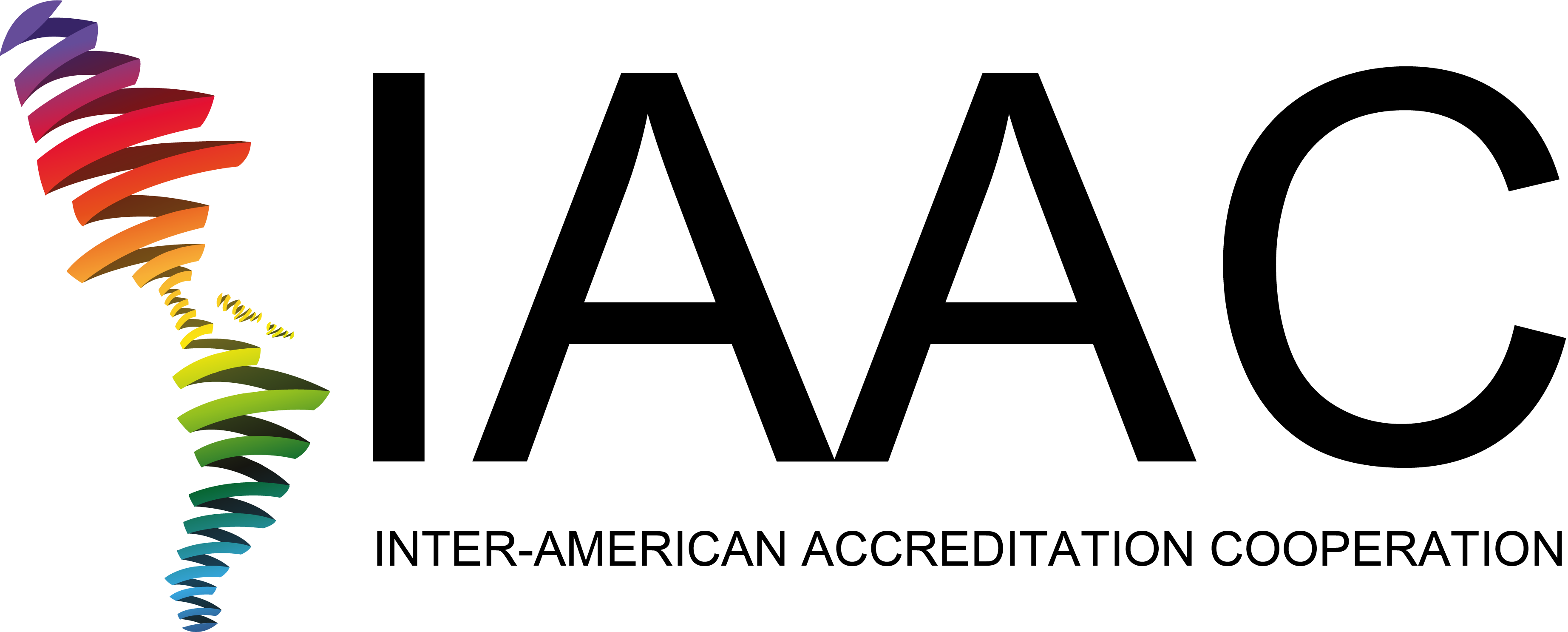IAAC MLA Importance
The Purpose of the MLA/MRA
Accreditation is the independent evaluation of conformity assessment bodies against recognised standards to ensure their impartiality and competence. Through the application of national and international standards, government, procurers and consumers can have confidence in the calibration and test results, inspection reports and certifications provided.
Accreditation bodies are established in many countries, with the main objective of ensuring that conformity assessment bodies are supervised by a competent body.
Accreditation bodies, which have been evaluated by peers as competent, sign arrangements (the IAF Multilateral Recognition Arrangement (MLA) and the ILAC Arrangement (MRA) that enhance the acceptance of products and services across national borders, thereby creating a framework to support international trade through the removal of technical barriers. These arrangements are managed by the International Accreditation Forum (IAF), in the fields of management systems, products, services, personnel and other similar programmes of conformity assessment, and the International Laboratory Accreditation Cooperation (ILAC), in the fields of laboratory and inspection accreditation.
The purpose of the arrangement is to ensure mutual recognition of accredited certification, inspection and laboratories between signatories to the MLA/MRA, and subsequently acceptance of accredited certification, inspection and laboratories in many markets based on one accreditation.
The ILAC/IAF Arrangements build upon existing or developing regional arrangements established around the world. The bodies participating in these regional arrangements are responsible for maintaining the necessary confidence in accreditation bodies from their region that are signatories to the ILAC/IAF Arrangements.
The primary method of maintaining confidence in the accreditation bodies is the evaluation by peers.The evaluation of an accreditation body to establish its qualifications to be a signatory involves a team of peers (generally senior staff of experienced accreditation bodies). Evaluations include time spent at the headquarters office of the applicant body to determine compliance with ISO/IEC 17011. Additionally, the evaluators witness the performance of the applicant’s assessors during actual assessments/reassessments to determine if the laboratories, inspection or certification bodies are in compliance with the respective accreditation standards and that there is sufficient depth of examination to determine competence.
In order to maintain the value and meaning of the ILAC/IAF Arrangements, the signatories agree to notify each other about any significant changes in the status or operation of the accreditation body. Issues of significance include changes in name or legal/corporate status; new agreements negotiated with other accreditation bodies or the revision, suspension or termination of any such agreements; changes in key senior staff or the organisational structure; or significant changes in the operations of the body.Accreditations granted by IAF/ILAC MLA/MRA signatories are recognised worldwide based on their equivalent accreditation programs, therefore reducing costs and adding value to business and consumers.
How does the MLA/MRA benefit you?
For Government – The MLA/MRA provides governments with a credible and technically robust framework on which to further develop and enhance government to government bilateral and multilateral international trade agreements. The long-term aim is the full accepted use and recognition, by both public and private industries, of accredited laboratories, including results from accredited laboratories in other countries. In this way, the free-trade goal of “a product tested once, accepted everywhere” will be realised. For Regulators – The MLA/MRA acts as an internationally recognised ‘stamp of approval’ to demonstrate compliance against agreed standards and requirements. Consequently, risk is minimised, as decisions will be based on reliable test results. Duplication is also minimised as test and calibration data included in submissions for product approvals can be evaluated without re-testing. Many specifiers, such as government agencies, have recognised the importance of credible accreditation programs that are developed against internationally recognised standards. Accreditation and the ILAC MRA help regulators meet their own legislated responsibilities by providing a globally recognised system to accept accredited test reports.
Para los usuarios de la Industria – El MLA/MRA garantiza que las empresas que dependan de datos de ensayos y calibración poseen mayor confianza en la precisión de los informes de ensayos y calibración que ellos compran, por haber sido generados por instalaciones evaluadas como siendo competentes para realizar estas actividades específicas. Los usuarios deberían verificar el alcance actual de la acreditación del laboratorio en la compra de tales servicios.
For Industry users – The MLA/MRA ensures that businesses that depend on test and calibration data have greater confidence in the accuracy of the test and calibration reports they purchase, because they have been generated by facilities assessed as being competent to carry out these specific activities. Users should check the current scope of the laboratory’s accreditation when purchasing such services. For Manufacturers – The MLA/MRA ensures that manufacturing businesses can derive significant savings. Rather than bearing the costs of setting up internal assessments to confirm the quality of the testing and calibration results on their products, businesses can choose to defer to the assessments of internationally recognised competent accreditation bodies that are IAF/ILAC signatories, and in addition benefit from the market access the IAF/ILAC MLA/MRA provides.
For Consumers – The MLA/MRA provides additional confidence to the general public and consumers purchasing testing and calibration services on their sample, instrument or product. By insisting that the calibration or test results are from an accredited facility, they can be confident the laboratory has been assessed by an independent accreditation body, that itself has been recognised as meeting international standards of competence.
